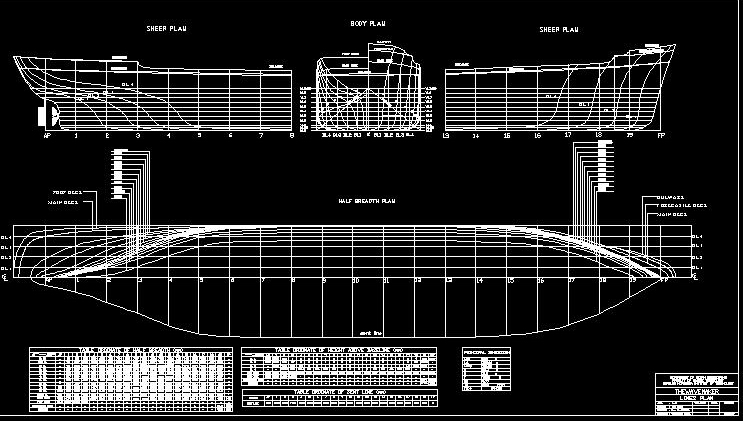INTRODUCTION
Naval architecture involves basic and
applied research, design, development, design evaluation and calculations
during all stages of the life of a marine vehicle. Preliminary design of the
vessel, its detailed design, construction, trials, operation and maintenance,
launching and dry-docking are the main activities involved. Ship design
calculations are also required for ships being modified (by means of
conversion, rebuilding, modernization, or repair).
Naval architecture also
involves formulation of safety regulations and damage control rules and the
approval and certification of ship designs to meet statutory and non-statutory
requirements.
SCHOOL EDUCATION
 Students
in naval architecture programs learn how to design and construct large ships
for ocean travel. Aspiring marine engineers find out how to design the systems
that allow the ships to move, such as mechanical systems, propulsion engines,
underwater submersibles or offshore platforms. The three schools featured below
include 4-year naval and merchant marine academies, as well as a public
university. Each of the three schools offers undergraduate programs in naval
architecture, marine engineering or ocean engineering, or a closely related
field.
Students
in naval architecture programs learn how to design and construct large ships
for ocean travel. Aspiring marine engineers find out how to design the systems
that allow the ships to move, such as mechanical systems, propulsion engines,
underwater submersibles or offshore platforms. The three schools featured below
include 4-year naval and merchant marine academies, as well as a public
university. Each of the three schools offers undergraduate programs in naval
architecture, marine engineering or ocean engineering, or a closely related
field.
(Ref.http://study.com)
CAREERS IN NAVAL ARCHITECTURE
A
Naval Architect is a professional engineer who is responsible for the design,
construction and repair of ships, boats, other marine vessels and offshore
structures, both civil and military, including.
Naval Architects have a wide range of employment opportunities in world-wide. They are involved in such a wide variety of work that it is difficult to categorize it comprehensively. However, the main areas are as follows:
·
Design
·
Construction
and Repair
·
Consultancy
·
Marketing
and Sales
·
Operations
·
Regulation,
Surveying and Overseeing
·
Research
and Development
·
Education
and Training

No comments:
Post a Comment